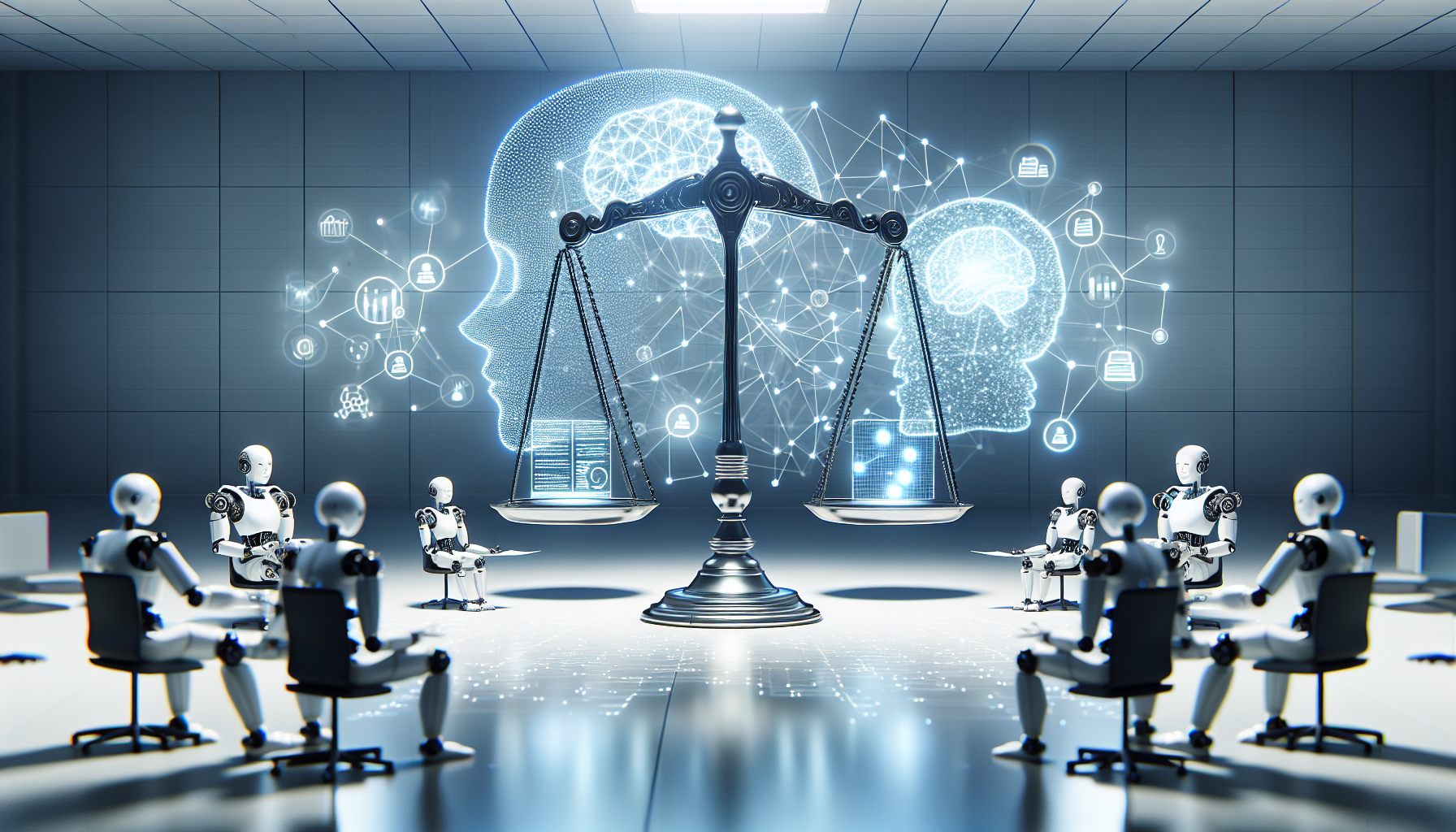
AI and the Future of Work: How to Thrive Amid Automation and Job Market Changes
May 5, 2025
Artificial intelligence is not just a buzzword; it’s a transformative force reshaping the very fabric of how we work. As automation becomes more prevalent, the job market is undergoing significant shifts, prompting widespread anxiety about job security. However, this evolution presents opportunities for those willing to adapt and embrace change. Here’s how you can position yourself to thrive in the age of AI-driven automation.
First, understand the nuances of AI and its capabilities. AI is not a monolithic entity but a collection of technologies aimed at performing tasks that typically require human intelligence. From natural language processing to machine learning, AI is adept at handling repetitive and data-intensive tasks, which previously required human intervention. Rather than fearing these advancements, view them as tools that can enhance productivity and free up human workers to focus on more creative and strategic aspects of their roles.
The key to thriving amid this transformation lies in adaptability. Embrace lifelong learning as a core tenet of your professional development. Upskilling and reskilling are not mere buzzwords but essential strategies. Explore online courses, workshops, and certifications that align with emerging roles in your industry. Fields such as data analysis, cybersecurity, and AI ethics are burgeoning, offering myriad opportunities for those willing to invest in new skills.
Moreover, consider the importance of soft skills. While technical skills are crucial, attributes like emotional intelligence, critical thinking, and creativity remain uniquely human and irreplaceable by machines. These skills enable you to work alongside AI systems effectively, enhancing their output with human insight and intuition. Cultivating these abilities ensures you remain indispensable in an increasingly automated workplace.
Networking also plays a pivotal role in navigating this new terrain. Connecting with professionals across various industries can provide invaluable insights into how AI is being integrated and what skills are in demand. Participate in industry conferences, webinars, and forums that discuss the intersection of AI and employment. These platforms offer a wealth of information and expose you to diverse perspectives, helping you stay informed about industry trends and innovations.
Additionally, consider the entrepreneurial opportunities that AI presents. Automation can significantly lower the barriers to entry for new businesses. AI-driven tools can handle everything from customer service to inventory management, allowing entrepreneurs to focus on growth and expansion. Those with an entrepreneurial spirit can leverage these technologies to innovate and create businesses tailored to modern needs, capitalizing on niches that larger corporations may overlook.
However, it's crucial to acknowledge the ethical implications of AI in the workplace. As AI systems take on more roles traditionally held by humans, there is a moral obligation to ensure that these technologies are used responsibly. Advocating for transparent AI practices and fair labor policies ensures that the integration of AI benefits all stakeholders, not just the few. Engage with policy discussions and support organizations that prioritize ethical AI development.
For employers, AI offers an opportunity to redefine organizational culture. By integrating AI thoughtfully, businesses can create environments where human workers and AI systems coexist harmoniously. This involves not just deploying AI tools but also fostering a culture of continuous improvement and open-mindedness. Encourage your teams to experiment and innovate, using AI to drive efficiency while valuing the human touch that only your employees can provide.
Ultimately, the future of work in an AI-driven world is not a zero-sum game. Automation may alter the job market landscape, but it also opens doors to new possibilities. By adopting a mindset of curiosity and adaptability, you can navigate the complexities of this transition and emerge as a leader in your field.
As we stand on the brink of this new era, the question remains: How will you harness the power of AI to carve out a future that not only preserves your career but enriches it?


